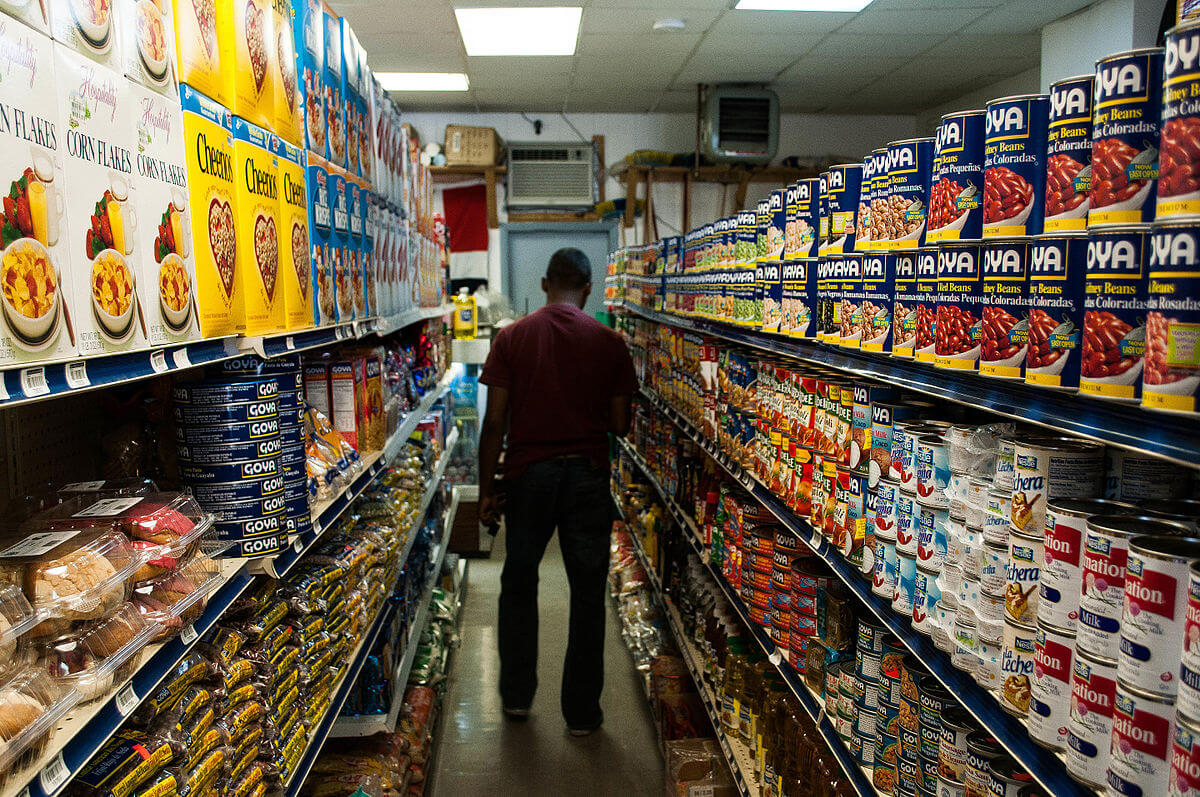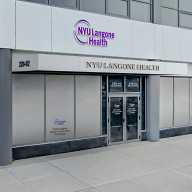After deeming three Queens neighborhoods “food swamps” earlier this year, a health group is giving local shop owners tips on how to make healthier food options more accessible to people living in the neighborhood.
Public Health Solutions, a health nonprofit serving New York City, recently concluded that Jackson Heights, Corona and Jamaica are food swamps, or areas where unhealthy food outlets outnumber healthy alternatives. These neighborhoods had only one supermarket for every five fast-food restaurants and six corner stores, according to the organization.
This limited access to healthy food choices impedes residents’ ability to achieve optimal health, the group concluded.
To counteract these conditions, the nonprofit studied food stock at 139 corner stores and bodegas in Jamaica, where they discovered only 26 percent of businesses displayed fresh fruits or vegetables that were visible within five seconds of entering the store. In contrast, 76 percent of stores had packaged snacks on front display.
The group then conducted an “intervention” at nine of these businesses, providing them with signage, food preparation equipment and education on how to source healthier items.
Stores also aggregated their selection of healthy food items, such as nuts, healthier granola bars, water bottles and fruit, and moved them toward the front of the store in countertop, floor or flat display baskets near the place of purchase or deli areas.
After the study, more than half of the stores reported increased fruit sales and 63 percent reported they now stock more healthy foods. The “low-cost interventions” implemented at the Jamaica locations can be replicated in other communities facing limited healthy food options, the group determined.
“After our first report revealed a prevalence of fast food restaurants and bodegas in Queens neighborhoods, we knew we needed to test interventions aimed at shrinking the massive gap in access to healthier foods,” said Lisa David, president and CEO of Public Health Solutions. “Through our work in underserved communities, we’ve seen that increasing access to more nutritious food options for children can have immense impacts on their development and reduce their health risks as adults. It was encouraging that our low-cost interventions made tangible differences for community members and corner store owners.”
The full report can be seen here.






























